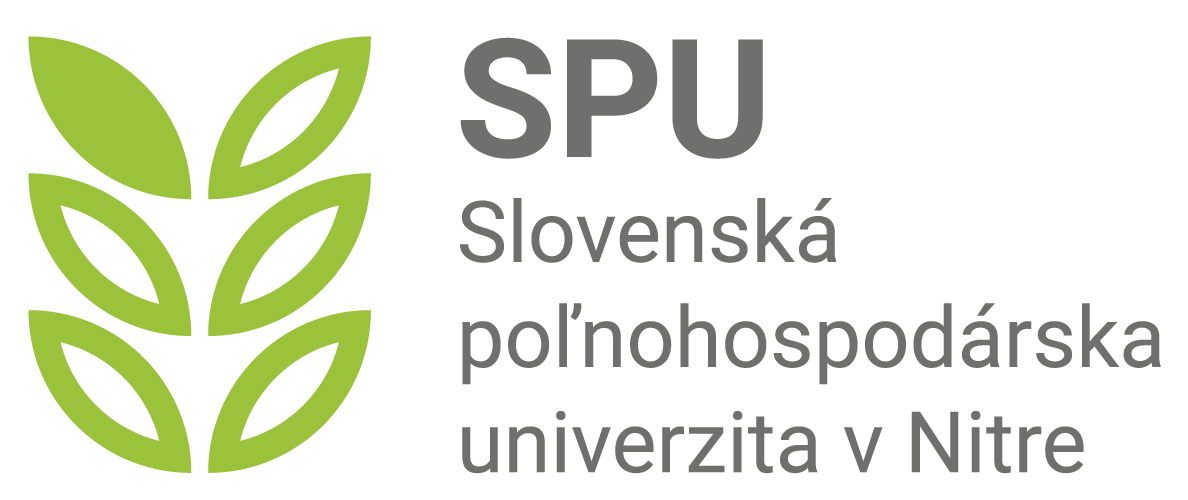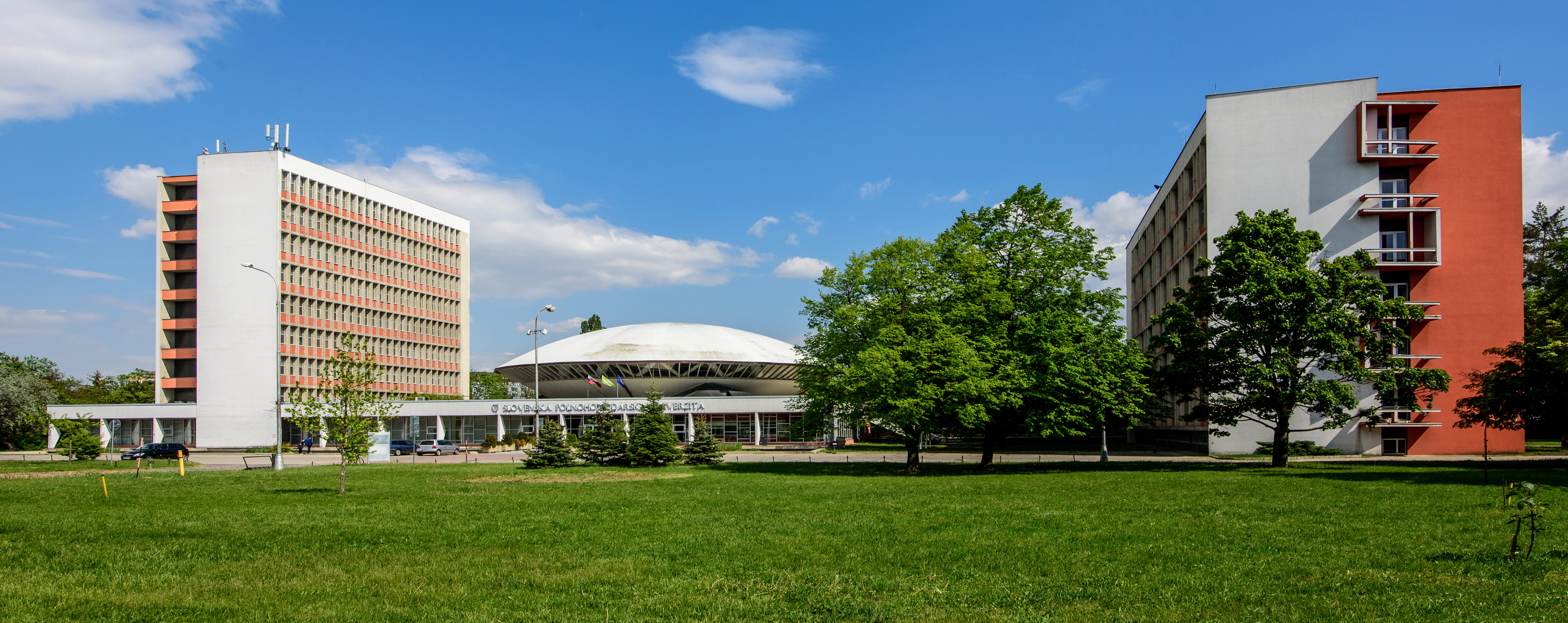Training School at FBFS Focused on Plant Microbiome Analysis
03.09.2025
In July, an international training school on plant microbiome analysis was held at the Institute of Biotechnology of the Faculty of Biotechnology and Food Sciences (FBFS), Slovak University of Agriculture in Nitra (SUA in Nitra).
The event was part of the COST CA22158 MiCropBiomes project, which aims to connect researchers studying plant and soil microbial communities in the context of sustainable agriculture and food security. The training school was organized by Dr. Juraj Medo from the Institute of Biotechnology, FBFS.
This was the second professional event organized within the project. The first was a three-week online course in May and June, attended by more than 150 participants from 31 countries. “The online format focused on both traditional and the most advanced approaches used in metabarcoding, which today represents one of the most important and widely applied techniques in microbiome research. The training was designed to cover the entire research process – from experiment planning, through the selection and principles of methods, to data processing and sharing – and it provided participants mainly with theoretical knowledge,” explained Dr. Medo.
For this reason, a practical “hands-on” training school followed in July, allowing participants to gain direct experimental experience. The call for applications attracted 54 candidates, mainly young researchers and PhD students, of whom 13 participants from 12 countries were selected. “During five days of intensive work, they practiced a complete research workflow – from field sampling to obtaining and basic processing of DNA sequencing data. The main research question was how the root microbiome changes after the application of compost compared to mineral fertilization,” noted Dr. Medo. He added that the program included modern methods such as DNA extraction from the rhizosphere, PCR amplification of 16S and ITS markers, library preparation, and sequencing using Oxford Nanopore MinION. In parallel, cultivation approaches were also applied, including sample inoculation, bacterial colony isolation, and subsequent identification using MALDI-TOF mass spectrometry. Finally, participants were introduced to basic bioinformatic procedures for data processing. A comprehensive bioinformatics evaluation will be the focus of the final professional event organized within the project.
The training took place in the premises of the AgroBioTech Research Centre (VC ABT) and in the laboratories of FBFS, SUA in Nitra. It was financially supported by the European Union under the MiCropBiomes project. In addition to Dr. Medo, several SUA experts contributed to the teaching, including Prof. Miroslava Kačániová from the Institute of Horticulture, Faculty of Horticulture and Landscape Engineering, Dr. Michal Gábor from the Institute of Nutrition and Genomics, Faculty of Agrobiology and Food Resources, and Dr. Lucia Urbanová from VC ABT. The international dimension was strengthened by invited lecturers – Dr. Ting He from the University of Groningen (Netherlands) and Dr. Joël Pothier from the University of Applied Sciences in Zurich (Switzerland).Participants expressed a high level of satisfaction with the training, highlighting its practical orientation, the opportunity to work in an international team, and the quality of the research infrastructure at SUA in Nitra. The methods they practiced represent state-of-the-art approaches in plant microbiome analysis. According to Dr. Medo, the event once again confirmed SUA in Nitra’s position among active European centers of research and education in agromicrobiology and biotechnology.













